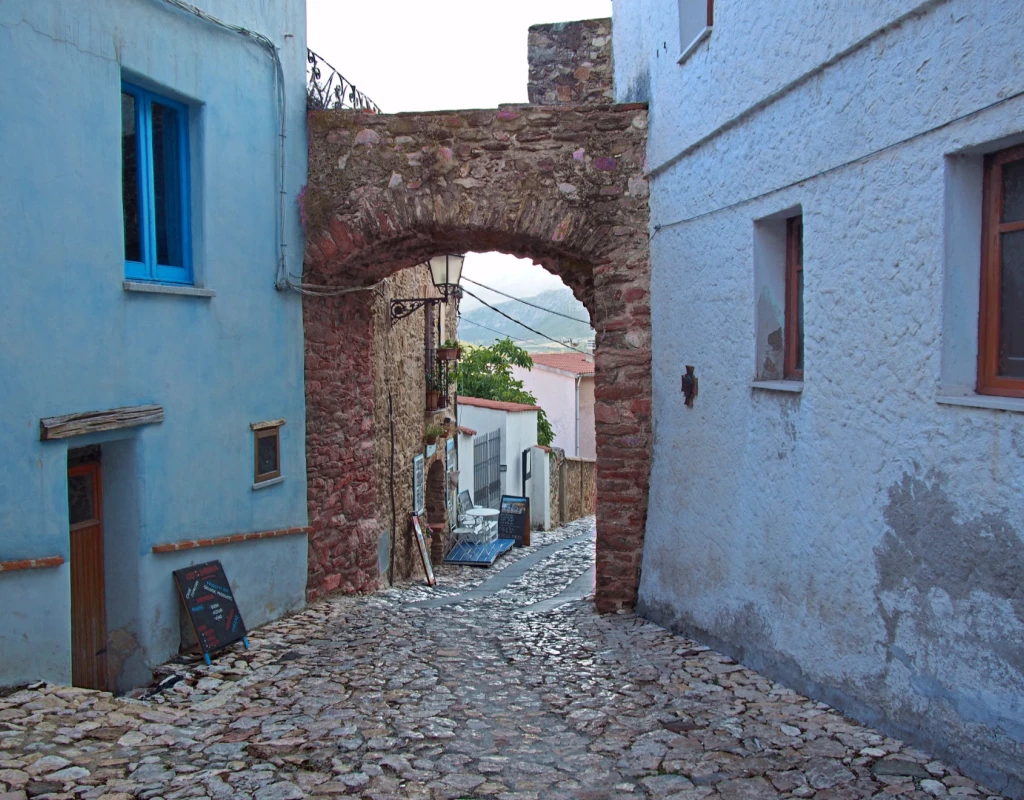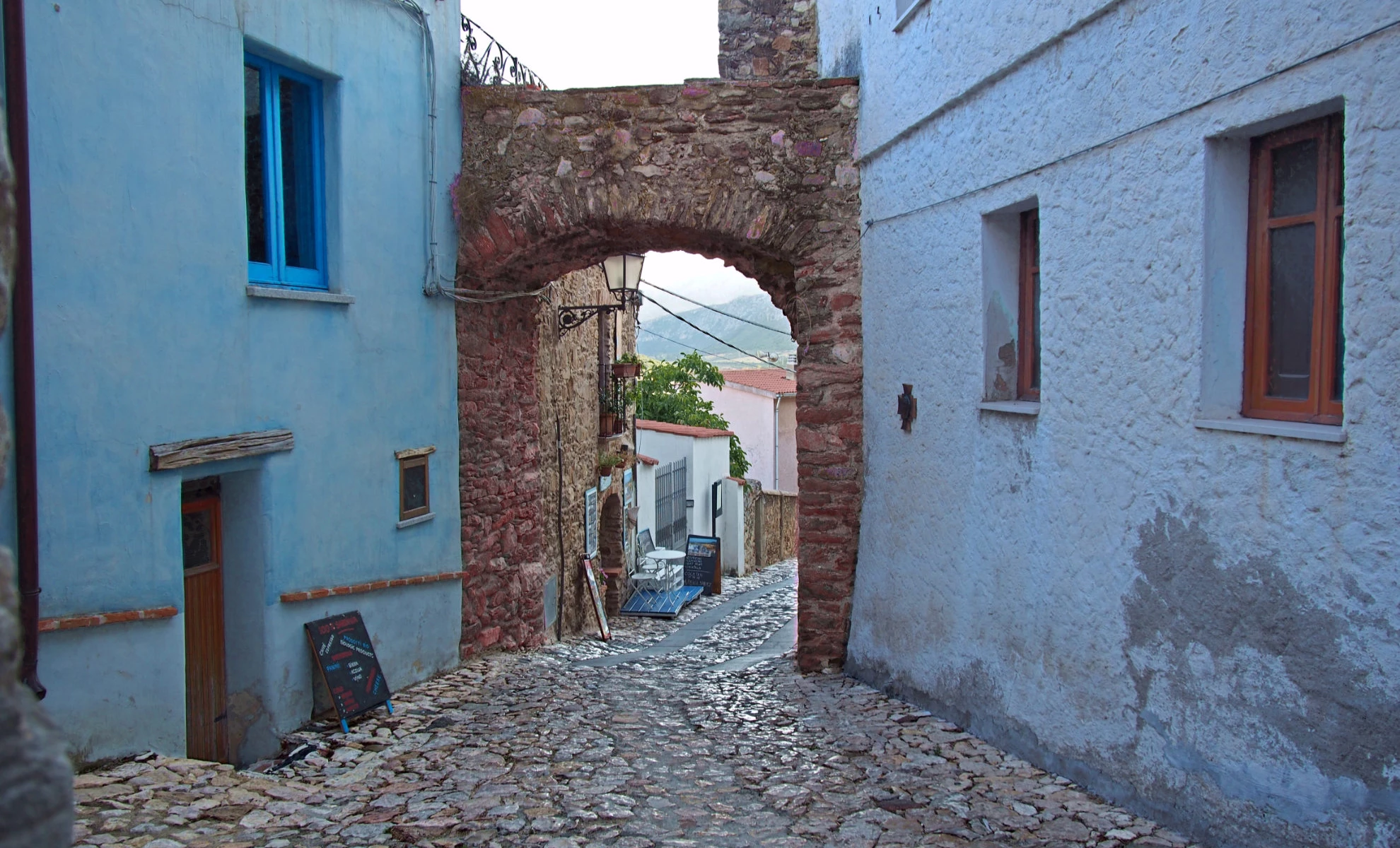Entering Posada, a choice must be made : for once, it is about the past and not about the future. Should we look back to ancient times, to the foundation of the town by a colony of the Falisci, allies of the Etruscans and descendants, so the legend goes, from a friend in arms of Agamemnon?
If this is the decision, then we will be attracted to revive the ancient name of Feronia, inspired by the homonymous goddess of fertility, protectress of crops, health and forests, but above all liberator of slaves and patroness of free men.

With this state of mind, just look at the valley and the sea a little further away, preferably from the remains of the Fava castle, which dominates the town and gives a priceless sense of breadth and openness.
The climb is a must, and the clean wind that blows on the top forces you to look at the horizon and whispers, overcoming the croak of the crows, the desire to break the chains and explore new possibilities and infinite spaces.
The Fava castle
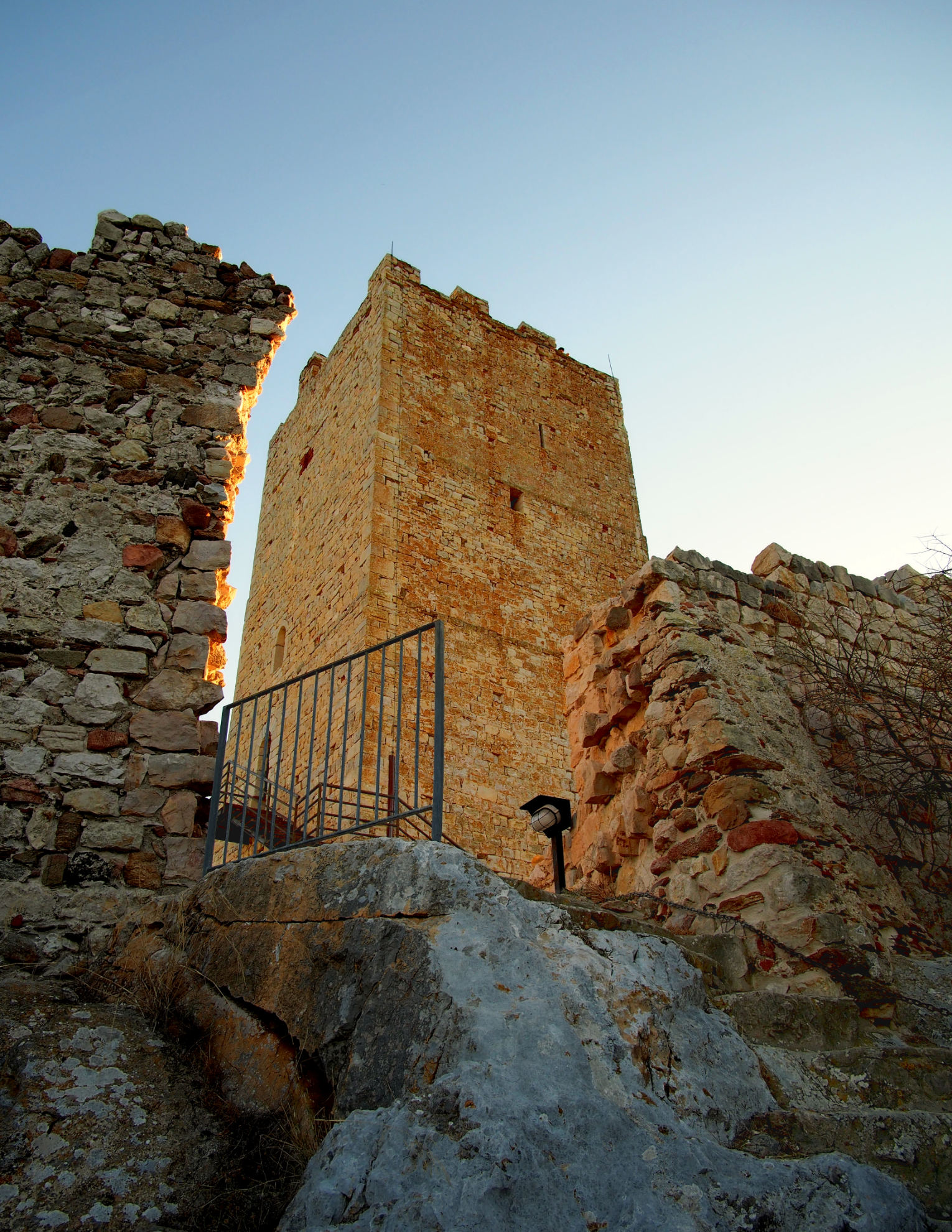
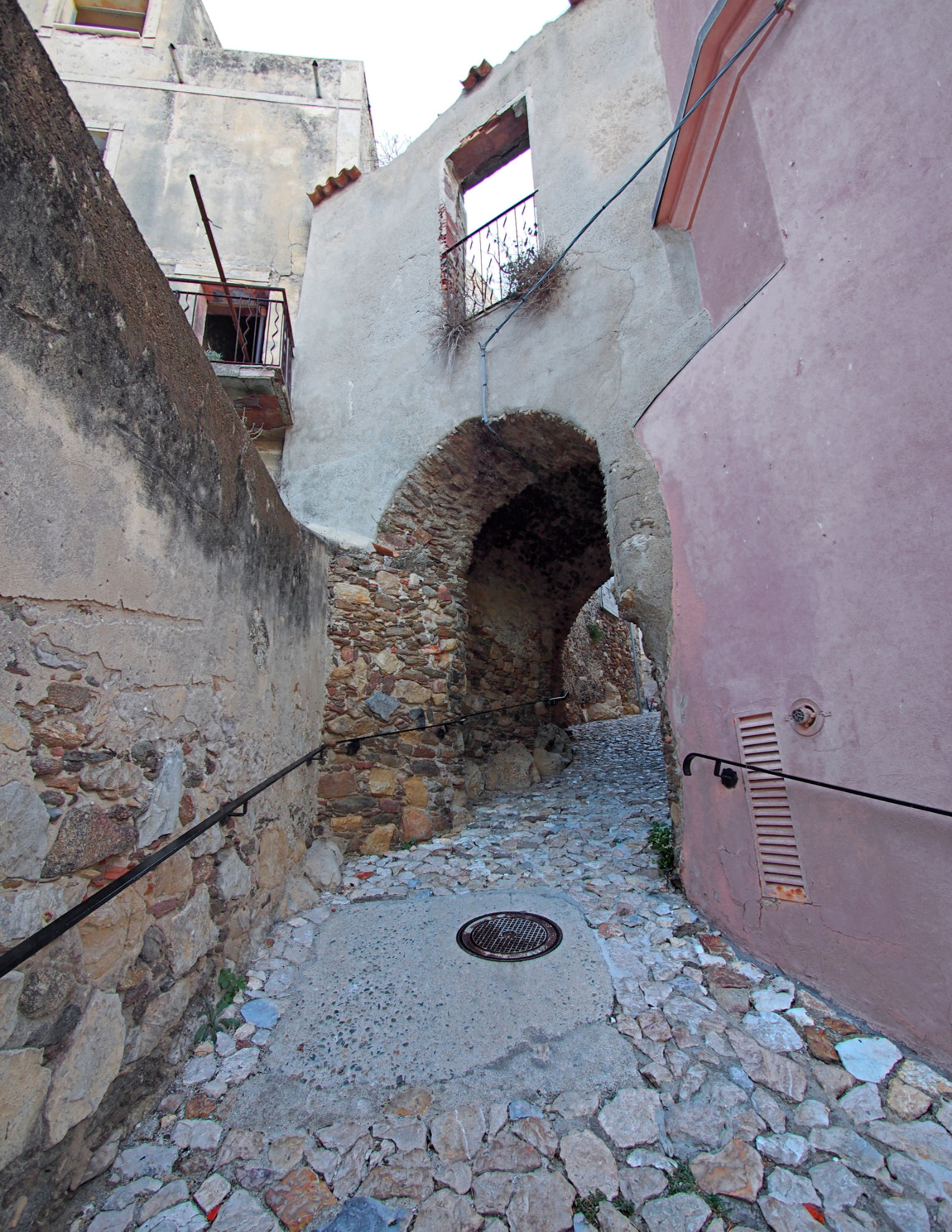
But another decision is possible: that of looking at the ancient Feronia with the measure of the new name, of clear Spanish origin. Here the gaze really turns to the cradle of the mountains all around, which protect and never threaten, which make one feel lucky to have a posada, that is, a shelter for the traveler. An inn, light and warmth that allow for a stop.
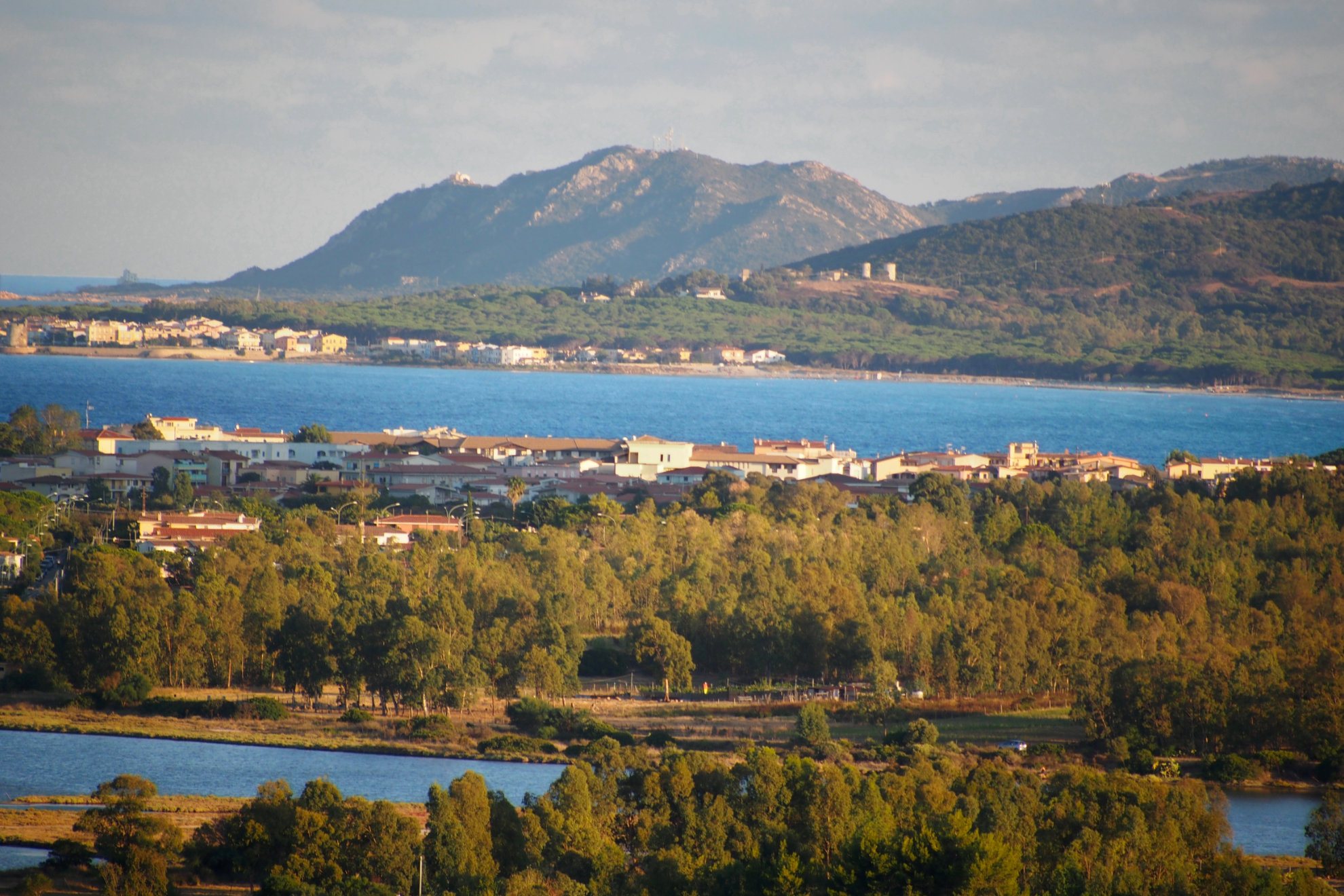
Because both realities are faces of human nature that the sight of the sea and the voice of the wind tickle: the challenge for the knowledge of the new, and at the same time the anxiety of a comfortable landing, which welcomes rest, and therefore may it be the seed of another departure, again, without limits.
